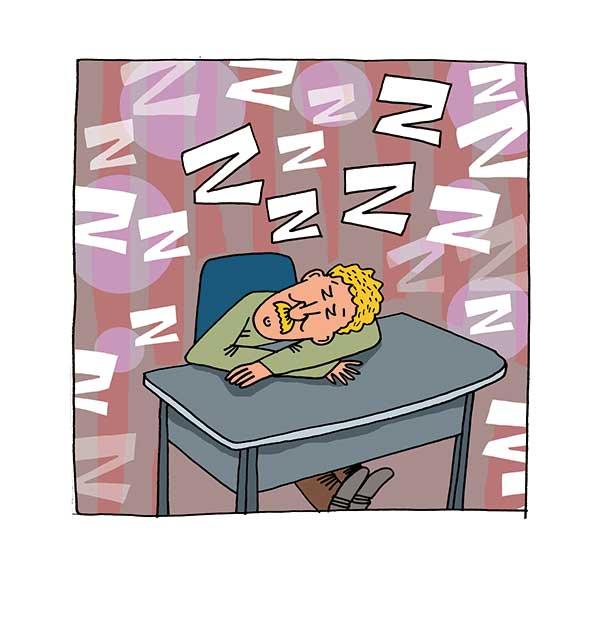he most useful word I ever learned in Chinese was “shunbian,” and it came to embody a philosophy by which I lived my life in Beijing. The word means to do something while on the way to do something else, conveniently, without making any real extra effort that you already are.
I used to live on the fifth floor of an apartment building with no lift, in the northwest of Beijing, far from most of my friends and places I wanted to go, like restaurants, bars and supermarkets. The thought of trudging up and down those steps several times a day was not pleasant, so I would save everything up so I could do more than one errand at a time, especially if I was going across town and near a place where I could buy things that at that time were hard to find – like cheese, or an ATM that accepted a foreign bank card (there only used to be two in the whole city).
This was also at a time when the subway system in Beijing was not very developed, but traffic jams were just as pervasive as they are now, so going out often meant staying out for hours.
Over the years, I have refined my philosophy. If a friend wants to have lunch, I think about what else I can do in that location, or even change the location so that I can accomplish several things. I’m sure my friends don’t mind. I moved, to an apartment building with an elevator – made sure that my home was within a short cycle ride of my office – I even work at night to avoid the rush hours.
It was a philosophy adopted by lots of people in my office, for whom work seemed to come as a mild inconvenience that intruded on their existing plans. I remember the first time I saw somebody napping at their desk. Soon I got so used to it that I was considering bringing in a pillow and comforter myself. After all, why go home to sleep, when the desk is right there?
But these days, life has gotten so convenient in Beijing that I’m afraid the art of shunbian is being lost, and I may be one of the only adherents left.
It’s not that I don’t appreciate that I can get seemingly anything delivered to my house at almost any time of day or night. Should I desire a Big Mac – an odd choice for a vegetarian, but who knows – at 1 am, I can get one. I can order a fridge, or cat food or a pair of shoes and have them brought to my door the next day. I don’t think any of my Chinese colleagues do physical shopping any more, except for a few daily necessities. Packages and deliveries are a constant in the office, and on the Singles’ Day shopping extravaganza in November, China’s answer to Black Friday and Cyber Monday all in one, it’s hard to prize them away from their screens.
This also has the unwanted side effect for those of us still living in a relatively analogue world of making it even more dangerous to be a pedestrian or cyclist on the roads. All these packages need to be delivered, and this means fleets of small electric trucks that zip around cities, mostly going faster than more traditional vehicles, but not paying any attention to the rules of the road. A constant sound in the corridors of my apartment building is these young men clearing their throats or making a strange coughing noise like a seal to turn on the lights, which are sensor-activated by noise. We used to clap or stamp our feet to turn them on, now when there are a few deliveries at the same time, it sounds like a tuberculosis ward in a 1920s hospital.
It’s also hard to walk along the streets, because if they are not blocked by a parked car, then you have to pick your way among packages that are strewn on the sidewalk, being transferred from one driver to another.
But can the modern sharing economy actually make things more efficient for everyone and make people less lazy at the same time?
During the annual October National Day Holiday last year, I started to see a strange sight on the streets of Beijing. People, who seemingly had not ridden a bicycle since primary school, wobbling around on orange and silver contraptions, some of them obviously a bit small for the person riding them.
These MoBikes were soon joined by a rival, the yellow bikes of a company called Ofo, and started multiplying across the city. You need to download an app, pay a deposit through another app which links to your bank card, and then you’re good to go. You can pick them up from the sidewalk, and when you get to your destination, just lock it up and leave it for the next person.
This cycling revolution may have instantly appealed to so many people because it started off as a smartphone app, or because it’s cheap, but I think it does fit in with the philosophy of shunbian – you wanted to go to the subway station, and on the way, you happened to ride a bike.

 Old Version
Old Version
